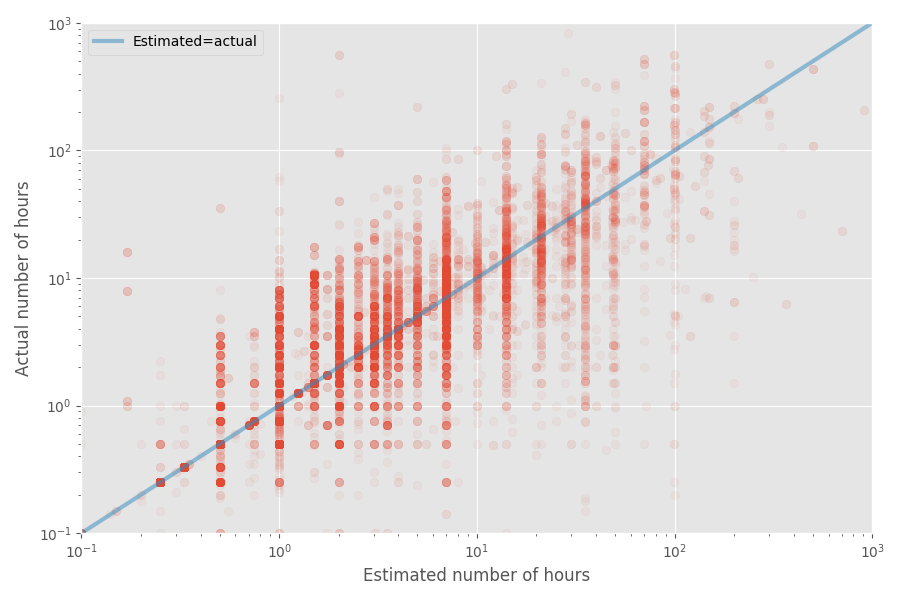
It’s not often that you get to hear what people with such experience and horizons think about the future of both the industry and us as a human community. A recording of the speech appeared somewhere in Internet recently, and for those who are interested here is the full transcription of it. Highly recommend to review. I will just summarise a few main ideas and his vision.
- First of all, the question on everyone’s mind right now is what will happen to the labor market under the influence of AI? Eric believes that people with education and competencies will have jobs, and people who do routine work without making decisions are at risk. But programmers will need to be able to work with code, because code is what LLMs will produce.
- Eric is actively investing in a lot of AI startups because he is sure that this is the future, but who exactly will make the breakthrough is unclear. In turn, companies are attracting huge investments to keep up the pace of research, development and launch of ever more ambitious models. In turn, companies are attracting huge investments to keep up the pace of research, development and launch of more and more ambitious models that need more chips, more power. He even proposed in the government an energy deal with Canada because they has really nice people, helped invent AI, and lots of hydropower.
- The race for AI will not even be between companies, but between countries. Primarily the US and China. So far, the U.S. is ahead. Nvidia has a 10-years advantage. The U.S. government is working on how to regulate AI and chips market. One of ideas of on how to regulate AI companies is to make companies report to the government what the company does if they use a certain amount of computing power.
- NVIDIA is the absolute monopoly in the chip market, and with the entire existing ML stack optimised for CUDA, the company will be able to maintain its dominance for a long time to come. Now they are working on a new chip that will combine CPU, GPU and shared memory, which will be the next breakthrough. AMD is trying to catch up with them: they are building factories in Korea, writing a translator with CUDA, ROCm.
- If the LLM is now transforming the query text into the response text, then very soon we will have agents doing the work. He gives the example of creating their own version of TikTok, copying the content and publishing it to the market, and then watching the metrics and trying to make the app more successful. He describes this breakthrough as follows: Imagine, each person gets their own non-arrogant personal programmer who actually does not do what they want, but what you want.
- Increasing the LLM context window opens up amazing possibilities, doing what our brains are unable to do due to the limitations of short-term memory. He cites the example of startups training models on everything we know about chemistry, generating hypotheses about proteins during the day and testing them at night in the lab. In addition, this will solve the problems of outdated data LLM learning. Right now when we use chatGPT, the model doesn’t know anything that has happened for at least the last 18 months: 6 months to prepare, 6 months to learn and 6 months to fine-tune. With a large window, we just load a prompt describing the current situation into the model – and get an answer.
- Eric believes that one of the reasons why Google is starting to lose the AI war is remote working and work-life balance. He says startups like Anthropix, openAI don’t work that way. At TSMC, PhD physicists start from the basement floor. Google, Microsoft were like that in the beginning.
- One of the types of services that should soon appear on the market are specialists who will break AI. They will be able to examine what data the model is learned from and what knowledge it contains.
- He worked with the Secretary of Defense for seven years tried to bring innovation to the U.S. military. He got a medal, but he thinks he failed in that task. Now he’s working with Sebastian Thrun on military robots. The idea is to make robots cheap and efficient, and to make conventional warfare with tanks and artillery pointless.
In fact there are more much more insights, and I recommend if not to listen to the record, then at least to read the transcription.






